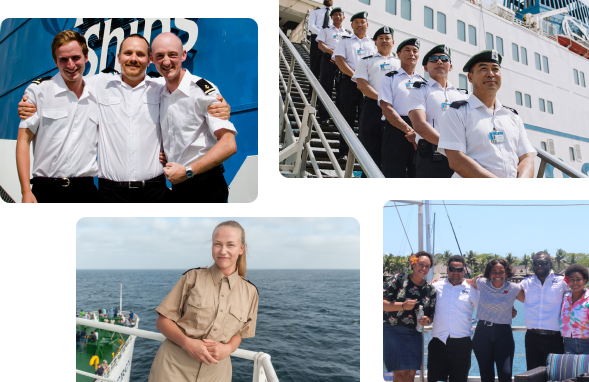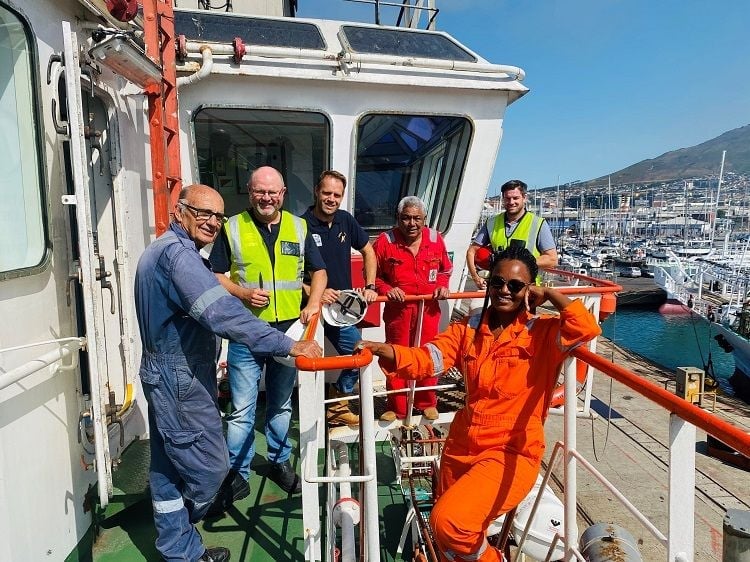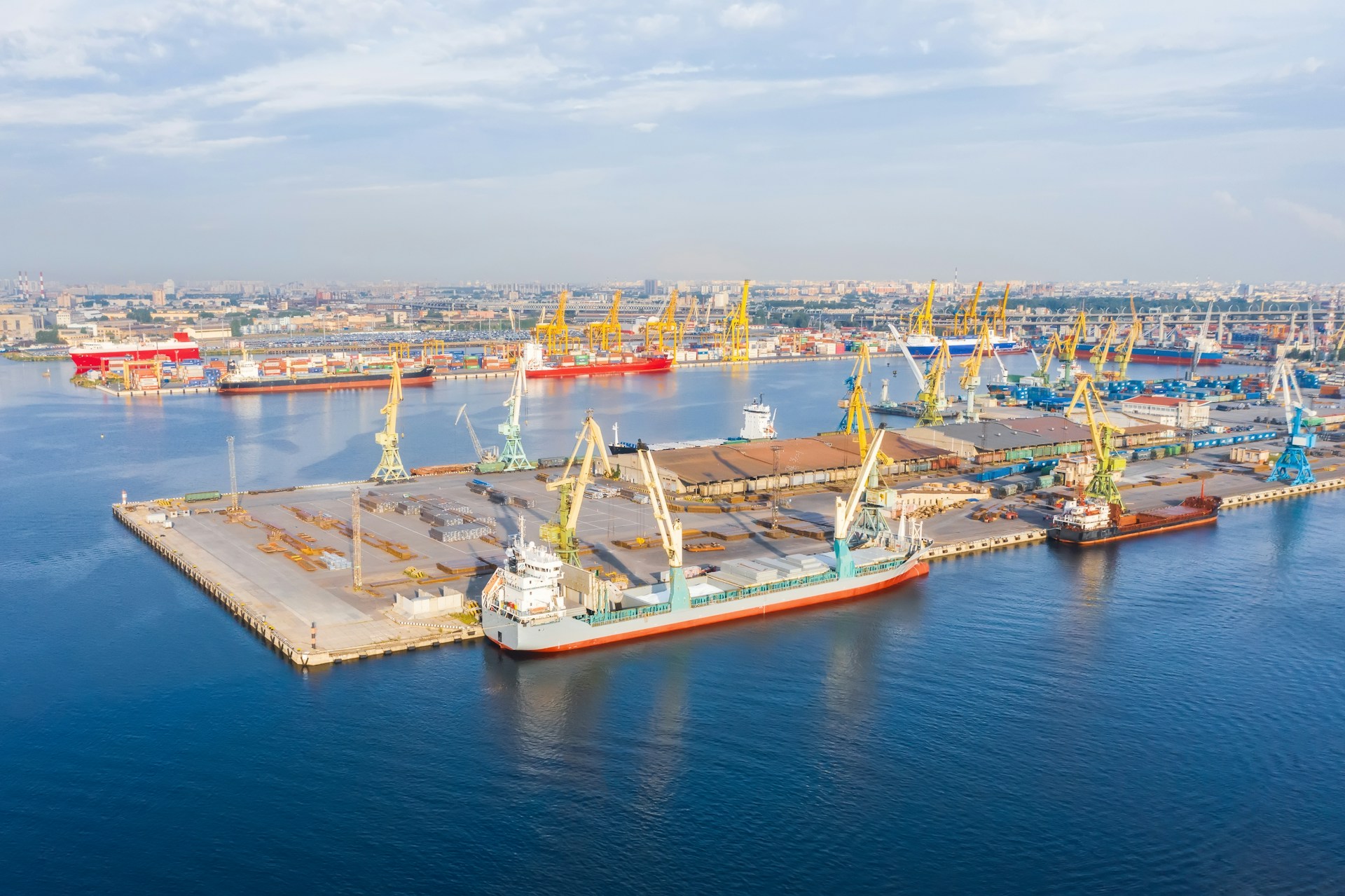World Day for Safety & Health at Work: Supporting Seafarers
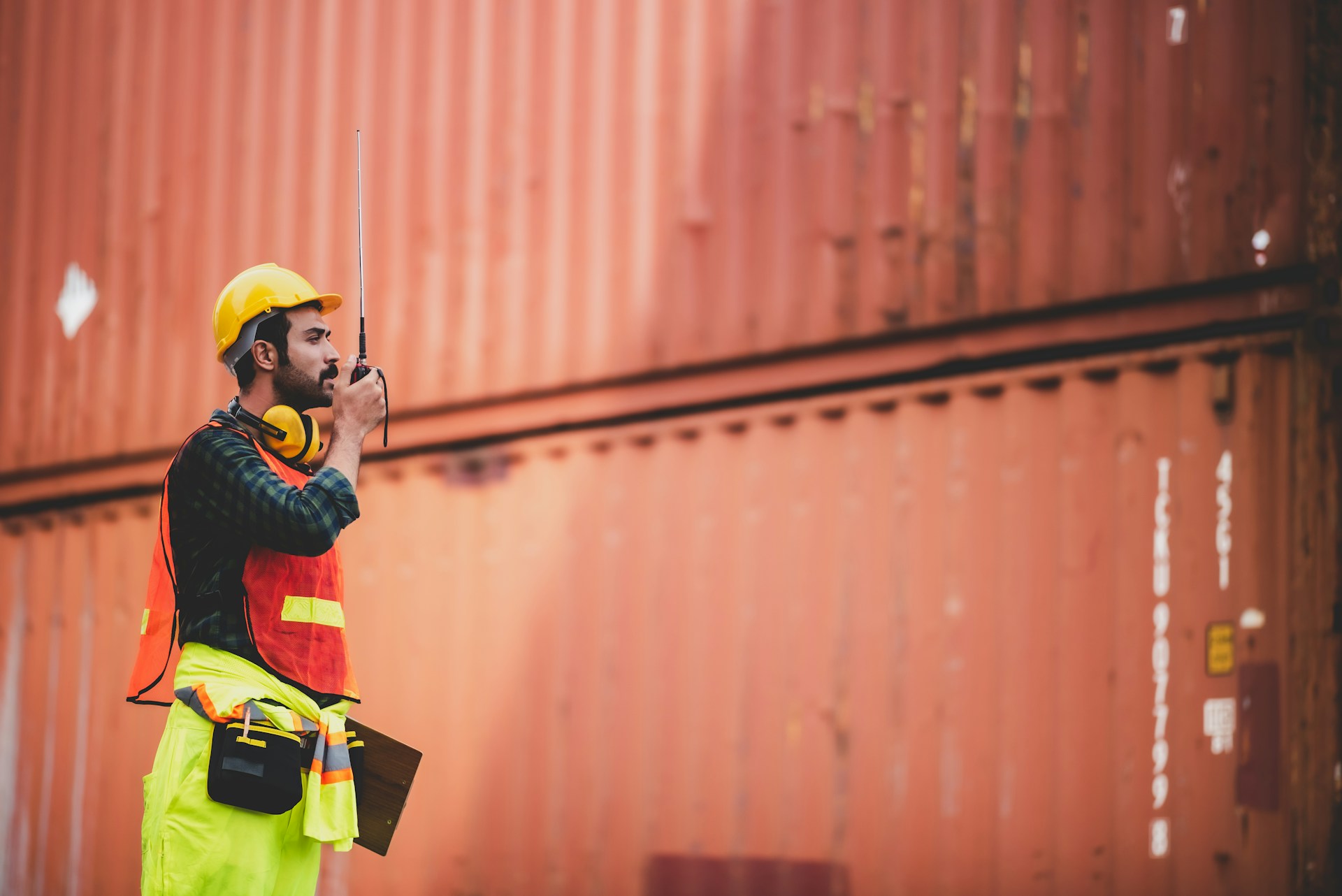
Each year on April 28th, the World Day for Safety and Health at Work serves as a poignant reminder of the critical importance of workplace safety across all industries. For seafarers, whose workplace is the vast and often unpredictable ocean, this day holds particular significance.
The unique challenges posed by their environment demand specialized strategies to ensure their health and safety. And as we prepare to observe this important day as it approaches, we thought it would be a good time to focus on the best practices and safety measures that can protect seafarers aboard commercial vessels.
Why health and safety is some important for those working in seafarer jobs
First of all, what is the World Day for Safety and Health at Work and does this year’s observance have a theme?
The day was first observed in 2003 as an international campaign that aimed to promote safe and healthy working standards across all sectors and across the globe. Meanwhile, the theme of this year’s World Day for Safety and Health at Work is “The impacts of climate change on occupational safety and health.”
As the International Labor Organization (ILO) states on its website: “As climate change intensifies, workers around the globe find themselves at an increased risk of exposure to hazards such as excessive heat, ultraviolet radiation, extreme weather events, air pollution, vector-borne diseases and agrochemicals.”
And, of course, seafarers themselves are no strangers to many of these issues.
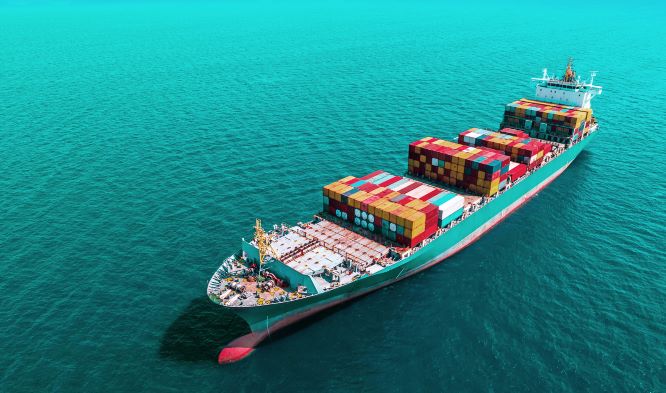
So if you’re a decision maker in the maritime industry, whether that’s as part of a committee or as a shipowner, employer or manager of a shipping company or manning agency, what are some of the points to consider in relation to health and safety onboard your vessels?
Now we’re not suggesting that you haven’t considered any or all of these issues before - we know you have. But as World Day for Safety and Health at Work is just around the corner, we thought that now would be a good time to highlight some of the issues seafarers face.
After all, we all know that not every shipping company or manning agency is as diligent as yours.
Work and safety issues faced by those employed at sea
From extreme weather to working with machinery to maintaining mental health and physical wellbeing, life as a seafarer can seem like it’s a never ending task to stay one step ahead of the curve.
Understanding the risks at sea
Seafarers face a multitude of risks while on duty. From harsh weather conditions and high seas to hazardous cargo and long periods of isolation, the potential for accidents and health issues is significant.
Such challenges not only affect their physical wellbeing but also their mental health. Recognizing these risks is the first step in mitigating them, which is why safety protocols tailored to the maritime industry are vital.

Comprehensive training: The first line of defense
You know full well that training is the cornerstone of safety on any commercial vessel. Before setting sail, it is crucial that all crew members are thoroughly trained in safety procedures and emergency responses.
This includes, but is not limited to, fire safety drills, man-overboard procedures, and first aid. Regular drills ensure that in the face of an emergency, reaction times are swift and effective, drastically reducing the likelihood of severe outcomes.
Investing in safety gear and equipment
Equipping seafarers with the right tools and safety gear is non-negotiable. High-quality personal protective equipment (PPE), such as life jackets, helmets, and anti-slip footwear, must be provided and maintained.
And by the way, did you know that Martide’s maritime crewing management software helps you manage your working gear, as well as your candidates and seafarers?
Our system enables you to add sets of working gear for each of your vessels so that you can be confident that every seafarer onboard has the overalls, caps, boots, and other working gear they need to be safe and comfortable at work.
Additionally, vessels should be outfitted with up-to-date safety equipment, including lifeboats, rafts, flares, and communication devices that can function effectively in maritime environments.
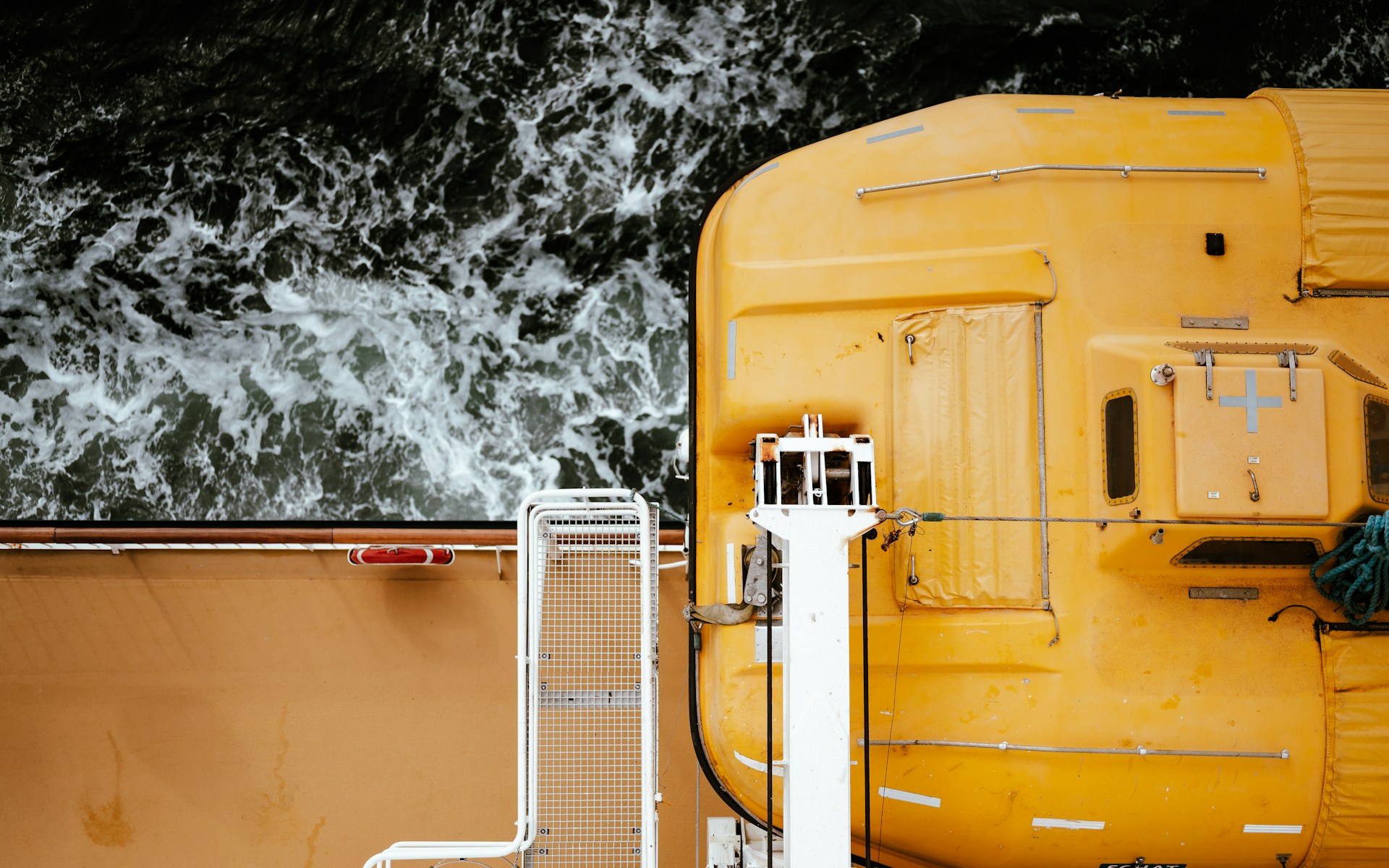
Navigating mental health challenges
The isolation and long periods away from family inherent in seafaring can take a significant toll on mental health. Providing support for mental wellness is just as important as physical safety measures.
Initiatives can include access to communication tools to stay in touch with loved ones, mental health resources and counseling, and training officers to recognize signs of mental health struggles in their crew.
Promoting a culture of safety
Safety on board a vessel is not just about policies and equipment; it's about cultivating a culture where safety is prioritized above all. This involves clear communication from the top down and an environment where crew members feel comfortable voicing concerns and reporting hazards without fear of reprisal.
Regular meetings to discuss safety measures, feedback sessions, and continuous training can reinforce this culture.
Adherence to international safety standards
Compliance with international regulations, such as those set by the International Maritime Organization (IMO), is critical. These standards are designed to ensure that vessels are seaworthy and that all safety procedures meet global benchmarks.
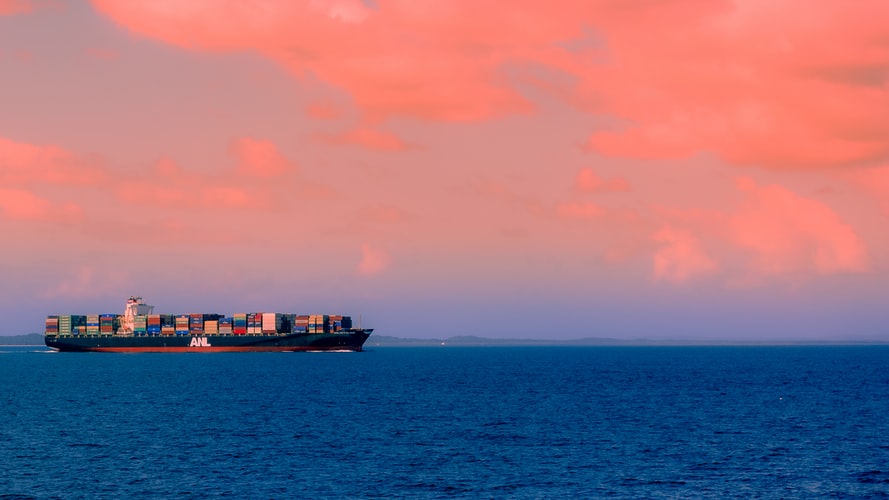
Regular inspections and audits are a must, ensuring that every ship complies with these standards and that any compliance issues are addressed promptly.
Emergency preparedness
Despite the best preventive measures, emergencies can and do occur. Effective emergency preparedness involves not only drills and proper equipment but also detailed emergency response plans that are easily accessible to all crew members.
These plans should be reviewed and updated regularly to account for new risks or changes in crew or vessel structure.
Technological advancements in maritime safety
Leveraging technology can significantly enhance safety measures aboard.
From advanced navigation systems that help avoid hazardous weather and sea conditions to health monitoring wearables that can track vital signs and fatigue levels in crew members, technology is a valuable ally in safeguarding the well-being of seafarers.
Continuous learning and improvement
Finally, the approach to safety must be dynamic. As new risks emerge and new safety technologies and practices develop, continuous learning and adaptation are essential.
Feedback from the crew, insights gained from incident reviews, and ongoing training in new techniques play a critical role in maintaining high safety standards.
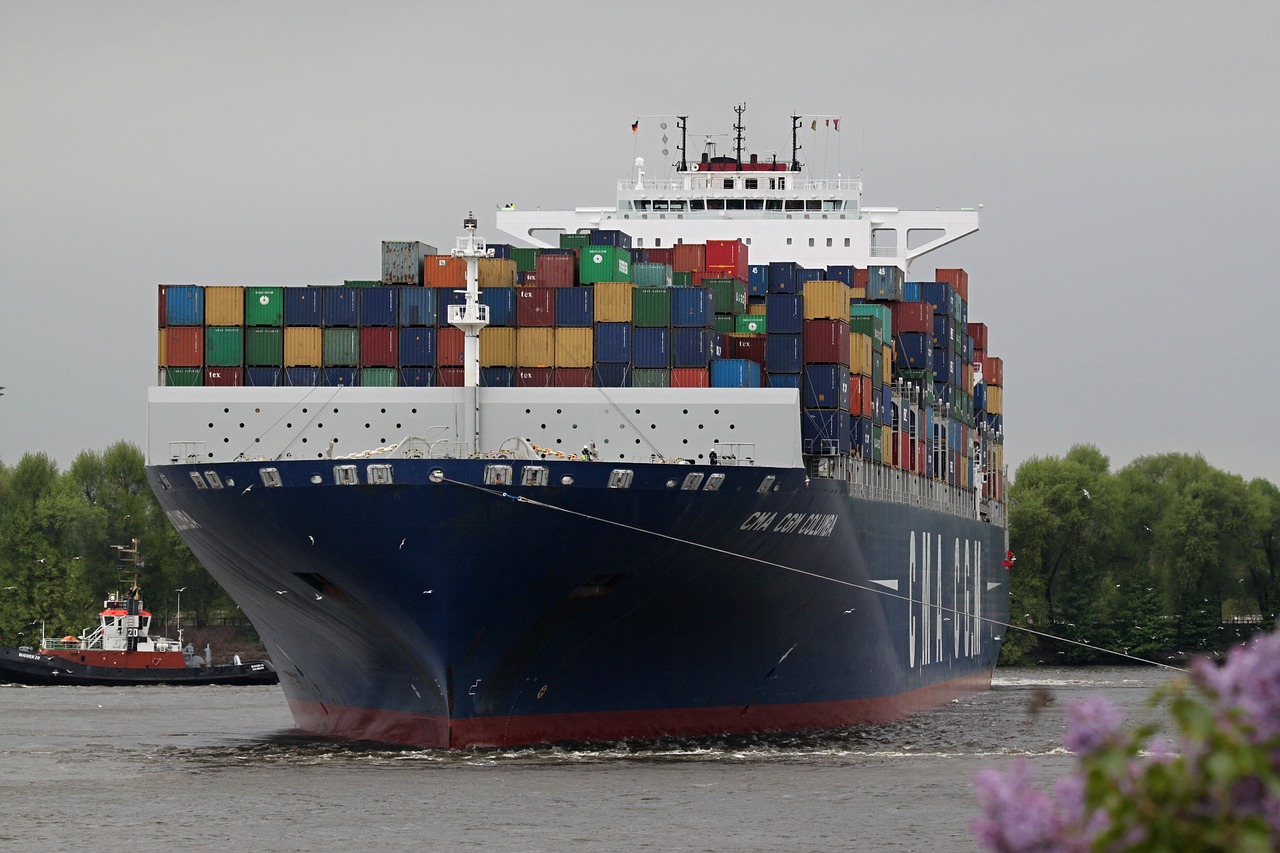
World Day for Safety and Health at Work: Conclusion
On this World Day for Safety and Health at Work, let's all renew our commitment to ensuring that seafarers, who play a crucial role in our global economy, are safe and healthy.
By investing in comprehensive training, the right equipment, mental health resources, and a strong safety culture, we can significantly reduce the risks faced by those who work on the world's oceans.
We must remember that their safety is our responsibility, and strive towards a future where every seafarer returns home safe, sound, happy and enthusiastic so that they are, after a period of rest, ready to embark upon their next contract.

Eve Church
Eve is Martide's content writer, publishing regular posts on everything from our maritime recruitment and crew planning software to life at sea. Eve has been writing professionally for more than two decades, crafting everything from SEO-focused blog posts and website landing pages to magazine articles and corporate whitepapers.
UK

is the only site for maritime jobs
